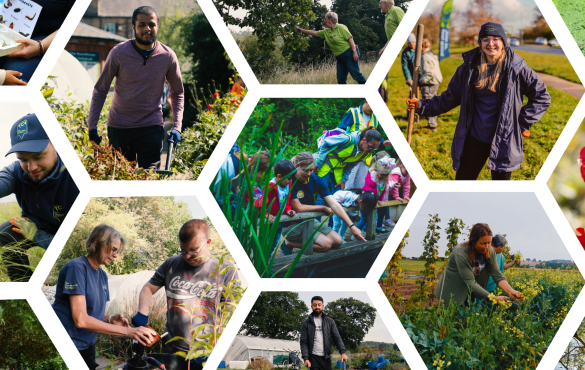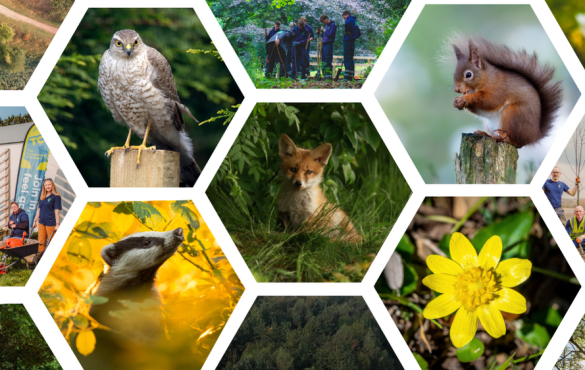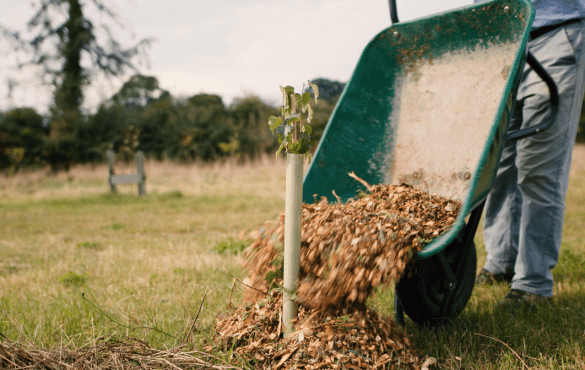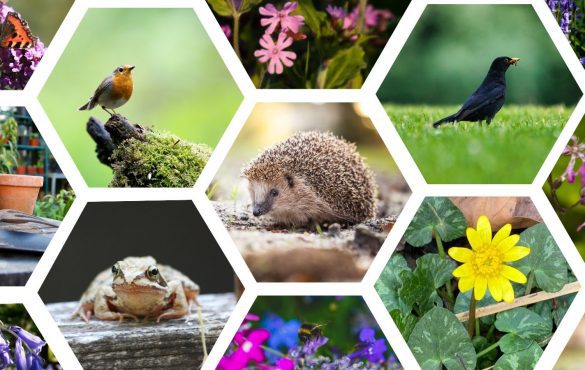It is the range of biodiversity that we must care for – the whole thing – rather than just one or two stars.”
Sir David Attenborough
In 2010, members of the United Nations agreed on 20 targets in a bid to fight the disastrous decline in global biodiversity, of which the world and every species needs to survive.
10 years later, new data has emerged to reveal that the UK has failed on 14 of the 20 targets according to the RSPB, even declining in some instances.
The word ‘biodiversity’ appears regularly when discussing the effects that climate change is having on the environment. But what exactly do the experts mean when they talk about biodiversity?
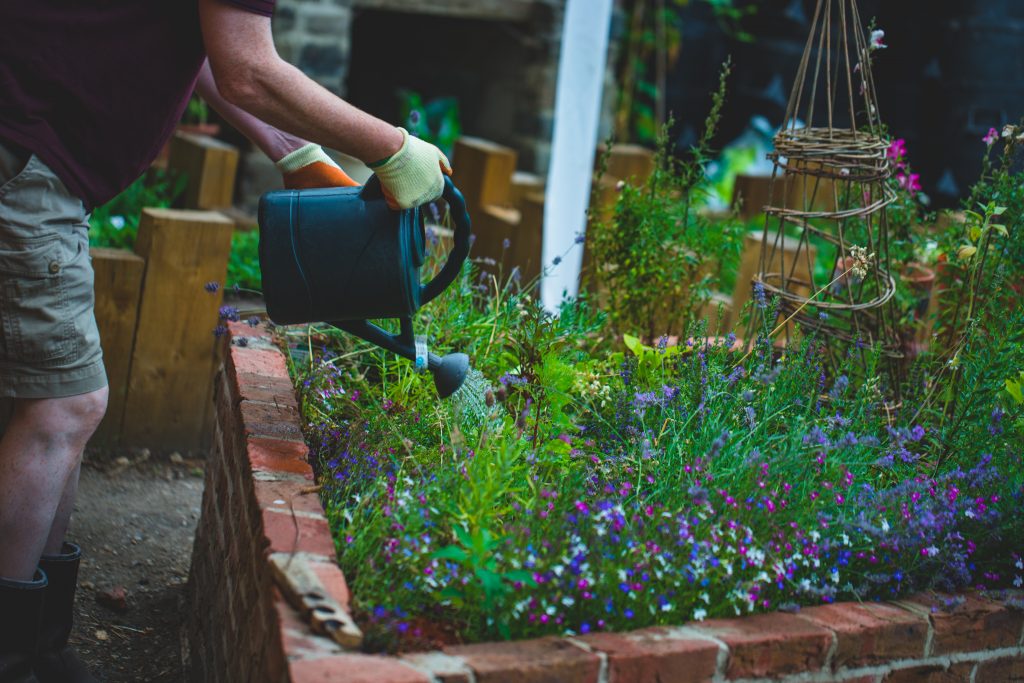
What is biodiversity?
Biodiversity is a key concept within ecology, the study of relations between living organisms and their physical environment. Biodiversity has importance on both a global and local scale. It looks at the degree of variation of life, or the number of different individual lifeforms in an area.
Globally there is a decrease in biodiversity, with many factors playing a part in this. There have been five major extinction events during Earth’s history including the Permian Mass Extinction which eliminated around 96% of all living species on Earth, and the K-T Mass Extinction Event, famous for being the event that wiped out the dinosaurs.
Scientists agree that we are currently in the middle of the sixth – the Holocene extinction – yet what they cannot agree on is the outcome of this mass extinction.
The Holocene extinction is sometimes referred to as the Anthropocene extinction, due to the human activity. Sobering, isn’t it?
Here’s the good news: there are many things that we can do on a local level to protect our biodiversity and ecosystems as part of a global community to combat the loss of species. This means YOU can have an impact.
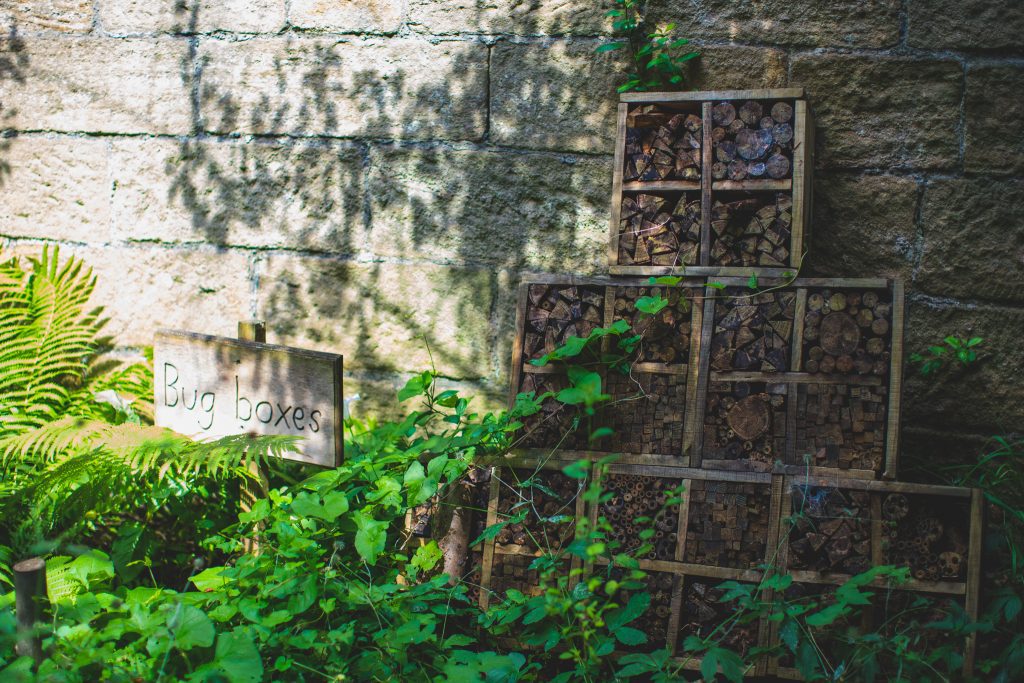
What can I do?
Taking part in local tree planning groups or free tree planting programmes such as I Dig Trees from TCV helps to add to the total number of native trees in the UK. It is a simple step to take to protect our planet and our environment, whilst also creating more diverse green spaces for people of all ages to enjoy.
In London, TCV Biodiversity Action Teams (TCV BAT Teams) are working across the capital to protect and manage urban green spaces that are an important part of our ecosystem.
The teams help to manage some of London’s most beautiful and vibrant sites for nature conservation, as well as creating new nature gardens for communities and schools.
Land management is one was that we can reverse the decline in biodiversity at a local level. Creating new green spaces and habitats for wildlife to thrive is important not only for the survival of these species, but for our survival too.
Everything from the air we breathe, the water we drink, and the food we eat relies on a healthy biodiverse planet. Without plants there would be no oxygen and without wildlife such as bees, there would be no crops or fruit for us to eat. It’s unimaginable.
Bees are one species that are facing a rapid decline in numbers. We rely on bees not only to produce the honey that we spread on our toast or add to our tea, but to pollinate the crops for farmers to harvest that we then use to produce our food.
Each year, billions of bees are dying due to the changing climate, lack of crop diversity and loss of their habitats. Protecting them can start at home with simple things such as building a bee hotel in your garden to provide them with a habitat, or planting pollinator friendly plants in your garden.
And it’s not just our wildlife that needs protecting, we can increase biodiversity at a local level by planting trees that help rid the atmosphere of carbon, provide oxygen, provide shade to cool rising temperatures, and also provide flood protection. In Great Britain, the value of trees for flood protection is estimated to be around £6.5 billion!
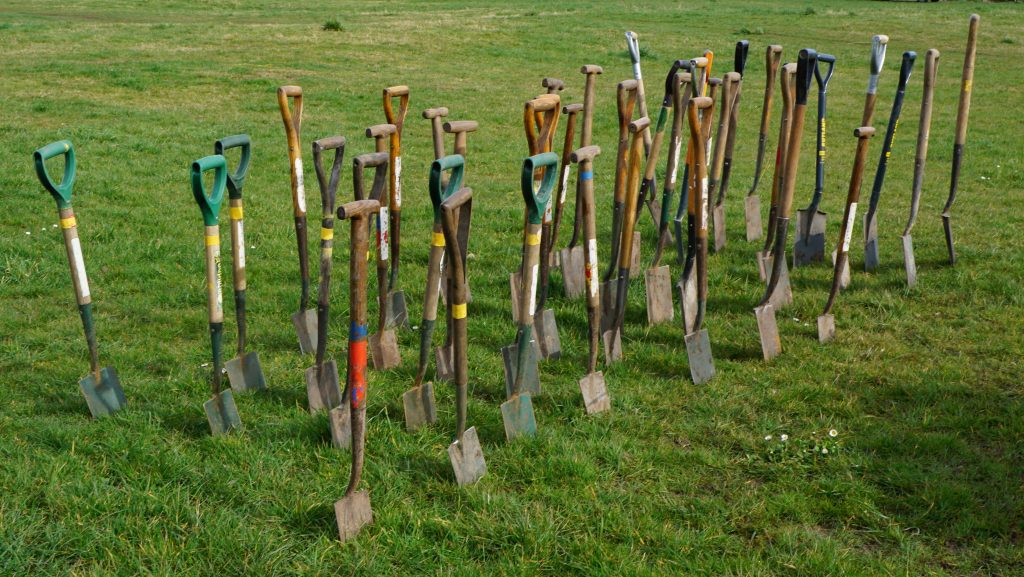
How do I get involved?
We may be in the middle of a mass extinction event, but there is a whole range of things that we can do such as conservation volunteering, planting pollinator-friendly plants in our green spaces, and so much more that YOU can do to help.
Charities such as The Conservation Volunteers are needed now more than ever. The fight against climate change is ongoing and needs every one of us to do our bit to protect our planet.

